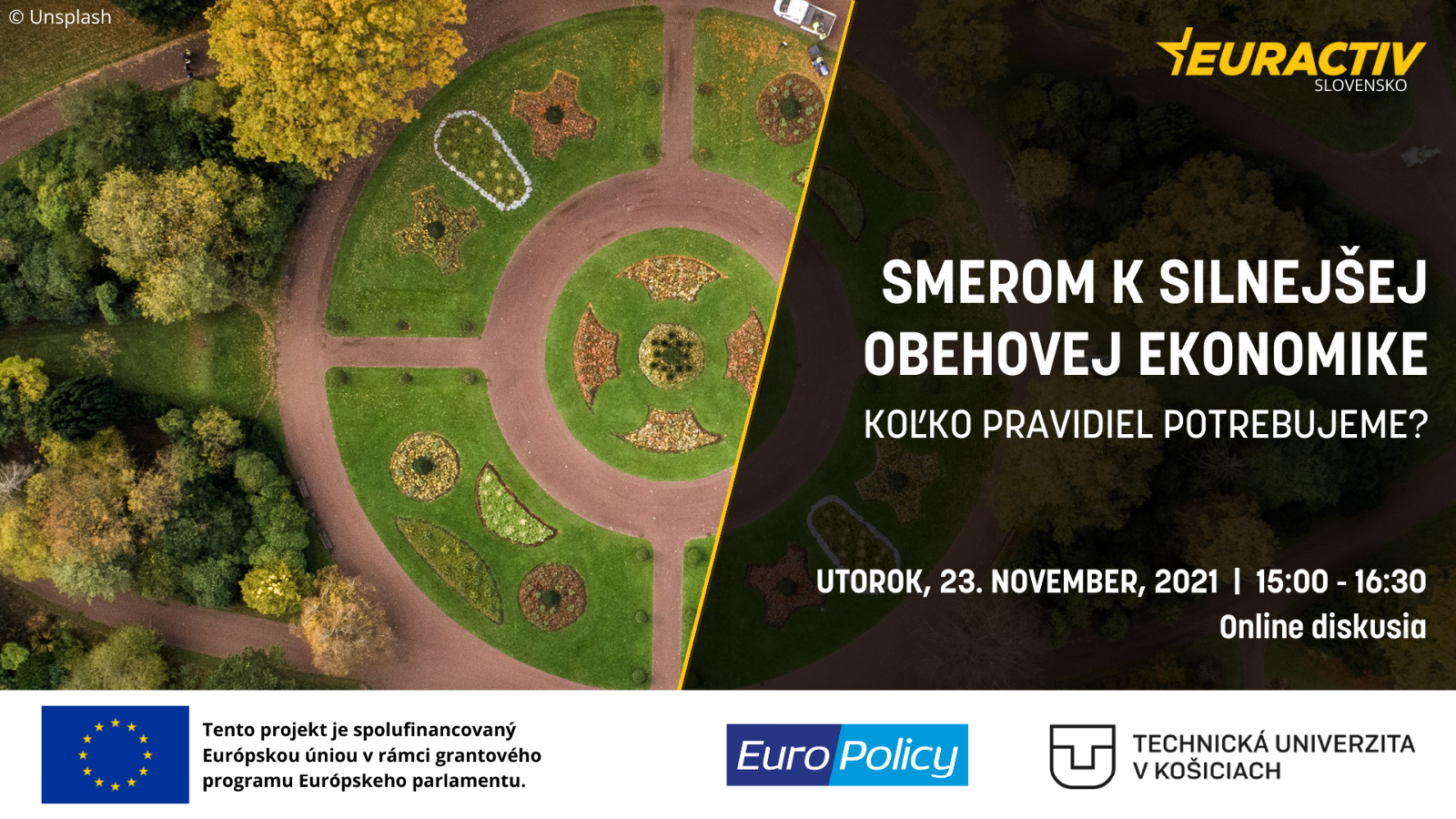- Category: Video
The European Commission has set up a legal framework to help countries achieve their climate targets - the "Fit for 55" legislative package. This has brought forward measures that will fundamentally affect the lives of ordinary people. Governments talk mainly about the costs of reducing emissions, but less is said about the benefits that the green economy will bring.
- Category: Video
The circular economy is a key area for achieving the European Union's 2050 carbon neutrality target. The European Commission therefore plans to come up with new initiatives in the near future that will address all parts of the product life cycle. The first legislative package, the Sustainable Products Initiative, will see the light of day in December. It will be a cornerstone for building a circular economy. The aim of the package will be better quality and more sustainable products on the European market.
- Category: Video
Although feminist foreign policy is a concept that has already been adopted by several European countries, it is still considered politically sensitive. Sweden, a pioneer of feminist foreign policy, argues that the attention this type of policy draws to itself through its name can also make it more accessible to the population as a whole.
- Category: Video
The European Commission wants to present draft legislation by the end of the year to help protect women from violence. It therefore has the same objective as the Istanbul Convention, which was also rejected in Slovakia. The Commission now has the difficult task of identifying areas where a common European policy would not only be necessary and helpful, but also passable.
- Category: Video
As the migratory wave from Afghanistan intensifies and may intensify further in the coming months, the European Union is carefully assessing its response options. It wants to avoid the disastrous déjà vu of 2015, when the basic principles of European and international law were not respected.







